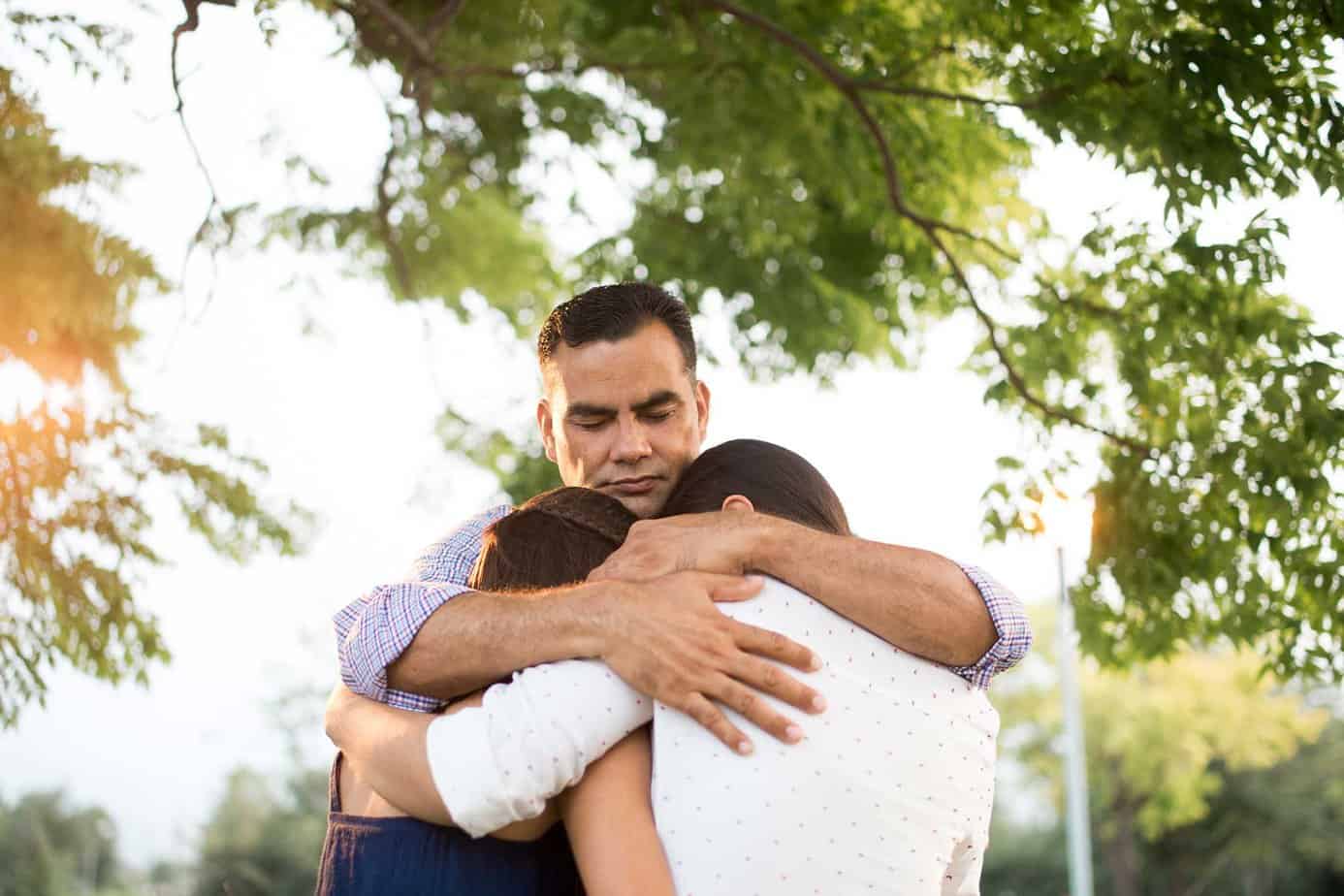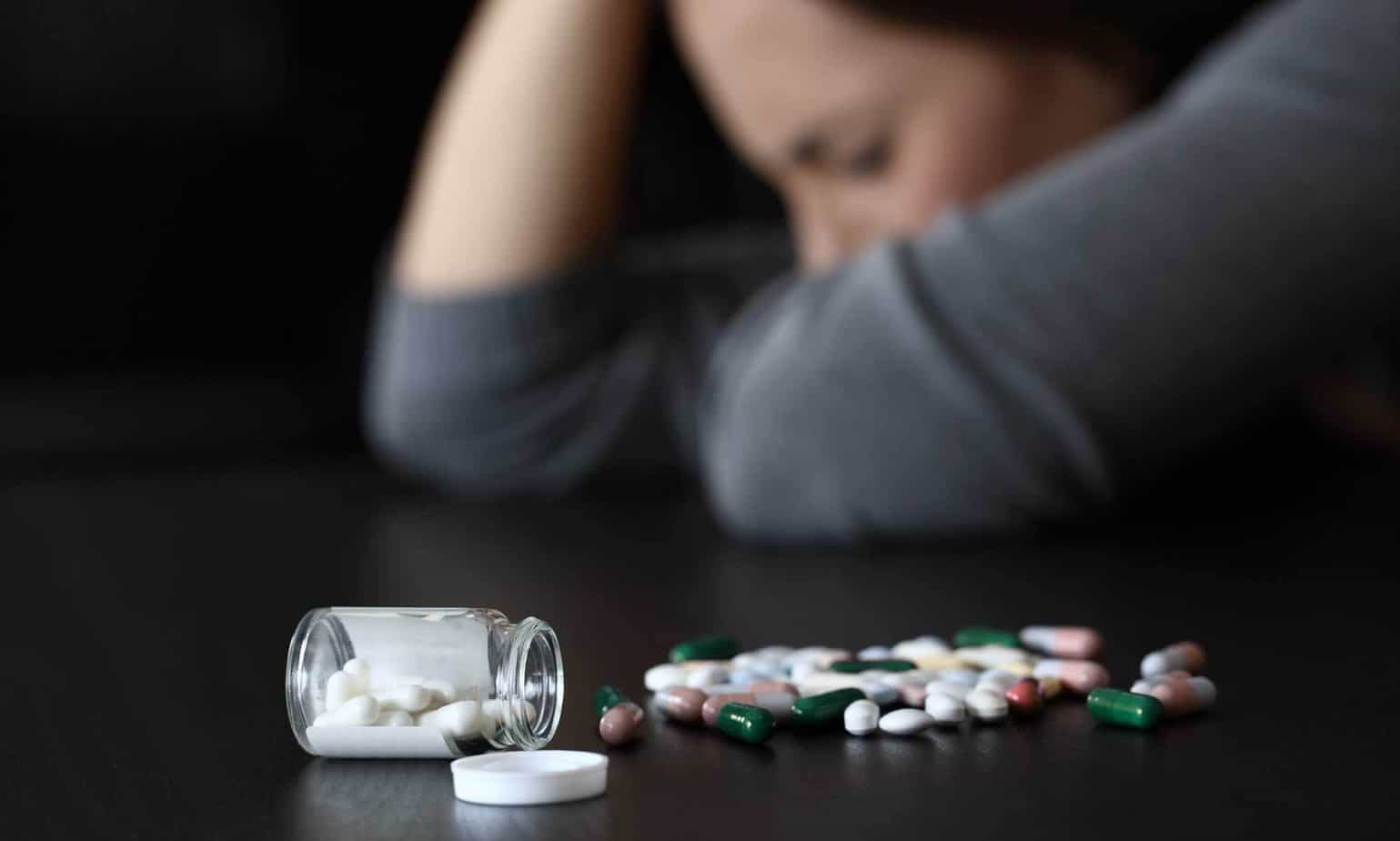Natural disasters are incredibly traumatic experiences for everyone, but if you are in recovery, they can bring an added level of danger. The stress caused by hurricanes, floods, fires, and earthquakes can be so overwhelming that it can sometimes lead to a relapse.
When the brain goes through the process of something as traumatic as a natural disaster, it can become completely rewired. The immediate effects of trauma are elevated heart rate, perspiration, and hypervigilance. But when the initial danger has passed, longer-lasting symptoms are likely to develop. You may start experiencing panic attacks or other anxiety disorders, sleeplessness, depression, and even flashbacks. These feelings can cause some to use drugs or alcohol again in order to numb themselves to these feelings.
Even small inconveniences can become triggers, especially if you are in the early stages of your recovery. Even if you are safe and fortunate enough to not have experienced much property loss or any serious injuries, a natural disaster can significantly disrupt your life. Because of this, it is important to always be prepared, not just for surviving a natural disaster, but for how you will take care of yourself and your recovery afterward.
In case of emergency, remember:
Find Structure
Being directly affected by a natural disaster is likely to impact your daily schedule, which is important to someone in recovery. After a disaster, you might find that you cannot go to your regular 12 Step meeting because the building was damaged. Perhaps you can’t go to work because the roads are unsafe. Maybe your sponsor had to evacuate and is out of reach. Stress and addiction are closely linked, so instead of stressing over the changes that you cannot control, focus on what you can and give yourself some structure. Can’t go to a meeting? Spend some time journaling your feelings. Sometimes just writing down your emotions can give you a sense of relief. Can’t reach your sponsor? Call a loved one you trust. Can’t go to work? Volunteer in your community. Create a schedule for yourself and most importantly, find healthy ways to occupy your time.
Practice Self-Care
You know what they say: in case of emergency, put your oxygen mask first. It may sound selfish to think about taking care of yourself when others may have been affected by the disaster more, but the reality is that you cannot truly help others until you are in a healthy state of mind. If you are struggling with anxiety, stress, or depression, you need to take some time to take care of your mental health before you can lend a helping hand. Spend some time doing something relaxing that you enjoy. Read a book, go for a run, cuddle up with some tea, and a good movie. If you need to get professional help, do so. Being able to freely express your emotions can be very cathartic, and sometimes it can be easier to open up to a therapist than to a loved one. Don’t let your well-being get lost in the middle of all the chaos. Take care of yourself and you will be able to help others even more.
Recognize Your Triggers
Pay attention to how you are feeling so that you can recognize what specific stressors are triggering negative emotions. Maybe every time you watch the news you get panic attacks. Or every time you hear about losses caused by the disaster you go into a deep depression. When you experience extreme emotions, pause and ask yourself, “what is causing me to react this way?” Identifying what is upsetting you can help you address it. If the news overwhelms you, maybe take a break for a few days. If seeing images of chaos makes you feel helpless, do your part to help others. Volunteer to rebuild, help clean up, donate some supplies, and be a shoulder to cry on. It might sound insignificant, but every little thing you do makes a tremendous impact.
Surround Yourself with Loved Ones
If you are feeling down, you might be tempted to isolate yourself, but hiding out is the last thing you should be doing. While alone time is important, isolating yourself when you are sad can lead to feelings of loneliness, helplessness, boredom, and low self-esteem ⎼ all of which can trigger a relapse. During this time, it is important that you surround yourself with a strong support system. Being around loved ones will remind you that no matter what is going on in the world, you still have people who love and support you.
Having a drink or using again may seem like the perfect way to relieve yourself from the stress, anxiety, and depression that can follow a traumatic event, but know that it will only provide you temporary relief. During difficult times, it is especially important to remember how hard you have worked to achieve sobriety and protect yourself from triggers. Remember, you are never alone. If you are struggling, reach out for help.
If you or a loved one is struggling with addiction, Mountainside can help.
Click here or call (888) 833-4676 to speak with one of our addiction treatment experts.

 By
By 







